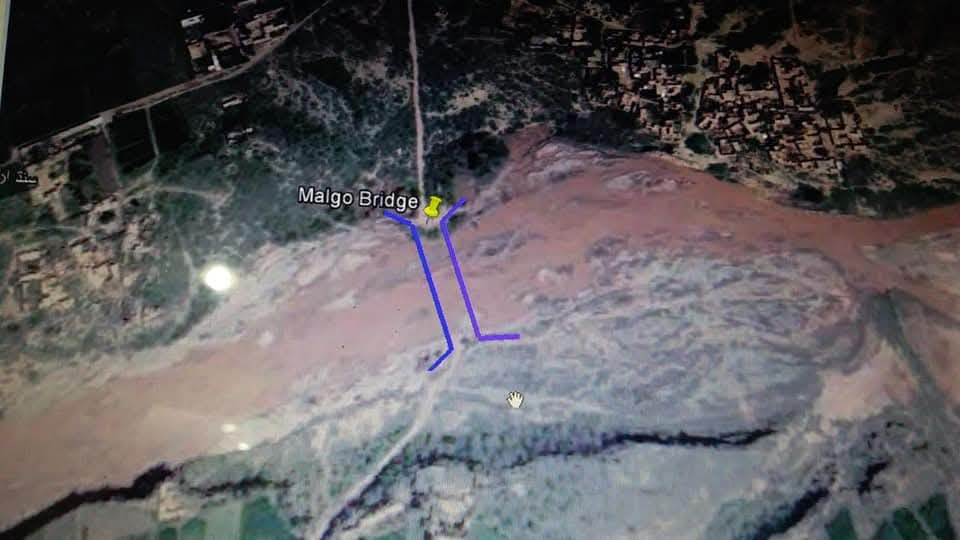Our Correspondent
The university of peshawar have been a symbol of higher education in the province for decades, production graduates who serves the nation, but from the past few years some administrative mismanagement have crippled its image and abilities.
The campus is plagued by frequent strikes; sometimes the teaching faculty protested over delayed salaries, at other times the administrative staff is on strike. These disruptions ensured that academic activities constantly stay interrupted, leaving students in uncertainty.
the root cause of the problem lies in the mentality that has taken deep root at the University of Peshawar. Employees across all levels seemed to believe that the institution existed primarily to serve their political interests. Every group had its own union or association: the teachers with “PUTA,” the Class-IV employees with their own body, and so on. Students, on the other hand, were treated as outsiders mere fee-payers whose concerns about classes or learning quality were seen as irrelevant. In this “kingdom” of the university, students ranked as second-class citizens.
To maintain this culture of impunity, the administration never bothered to establish job descriptions or standard operating procedures for any employee. With no written accountability, everyone was free to spend their time on campus politics rather than focusing on their professional responsibilities.
The absence of student support was evident in other ways as well. While universities across Pakistan provide students with official educational email accounts, Peshawar University did not. When asked about this, the Registrar and Director of Administration casually remarked that there was no point in “wasting funds” on students because, in their view, the students were unlikely to achieve anything significant.
One incident particularly highlighted the mindset of the institution when (according to a graduate student of the university) a two-day workshop was organized to discuss the university’s five-year development plan. The session was scheduled to begin at 9am yet the venue was empty until 9:30. By 11am most of the staff had finally arrived. This display of indifference did not surprised him, it reflected a broader national tendency toward delays and inefficiency. What struck him, however, was the stage backdrop which read: “Inclusive Governance.” Ironically, the very group most affected by the plan the students were never consulted or invited to share their voice. That moment reinforced a painful truth: in the eyes of the University of Peshawar, students are not active participants in education. They are treated as burdens, tolerated only as long as they keep paying their fees.












